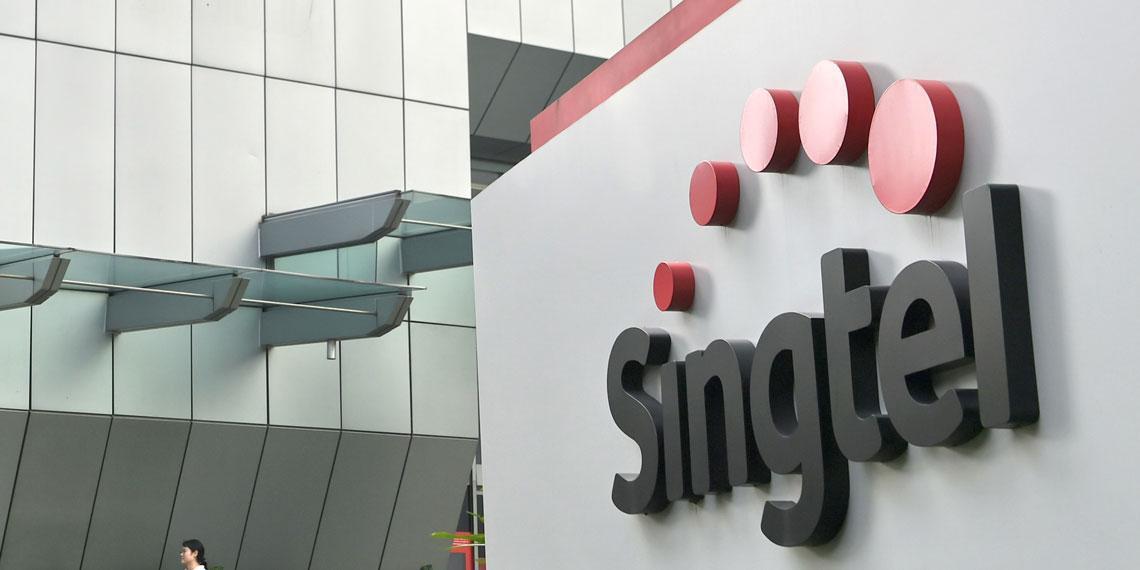Singtel delivered a resilient third quarter performance with a strong core business and higher contributions from regional mobile associates. In the core business, ICT revenues grew, bolstered by contract wins by NCS and demand for cyber security services. Higher consumer home services revenue in Singapore and growth in postpaid mobile customer numbers in Australia helped mitigate continued voice to data substitution and roaming revenue declines.
Among the associates, strong performance from Telkomsel offset the impact of very intense competition in India, driving associates’ pre-tax contributions up 2% to S$660 million. Operating revenue was down 2%, with the impact of mandated cuts to mobile termination rates in Australia. The Group’s underlying net profit for the quarter was up 4% at S$994 million and would have been up 3% in constant currency terms. Net profit was up 2% at S$973 million and would have been stable in constant currency terms.
Ms Chua Sock Koong, Singtel Group CEO said, “This is a resilient set of results. We have managed to hold good ground against the backdrop of a slowing Singapore economy and more challenging business environment all around. Our ICT business, particularly cyber security, has held us in good stead. This quarter, we focused on building out our global network of security operation centers while increasing resources in sales and delivery to meet the growing demand for cyber security services. Our consumer business also did well, due primarily to ongoing cost management, the sub-license of Premier League content rights in Singapore and significant growth in branded postpaid mobile customers migrating to higher-tier plans in Australia.”
On the associates front, Telkomsel delivered a strong performance with pre-tax profits up 31% on the back of robust growth across data and digital businesses. However, Airtel’s pre-tax profits fell 27%, with the combined effects of intensifying competition from a new operator in India, higher spectrum amortization and financing costs, further exacerbated by demonetization.
In Thailand, AIS continued its revenue growth momentum, leveraging its nationwide 4G network that now covers 98% of the population. However, AIS' earnings were affected by higher amortization charges as well as higher costs incurred through the leasing of 2100Mhz spectrum and equipment from TOT. In the Philippines, Globe’s earnings increased on stable revenues and tight cost management.
Ms Chua said: “While there are concerns of a global economic slowdown, the growth story in the developing markets where we have invested remains compelling as mobile data usage continued to grow across all our mobile associates. While Airtel India focused on defending scale and market position and AIS incurred higher network costs and charges to maintain its network leadership in Thailand, strong results from our associates in the other regions helped overall contributions to grow. The Group’s customer base grew another 2% in the quarter to 640 million customers across the region.”
The Group’s share of associate’s earnings this quarter includes a 21% stake in Intouch and an additional 7.4% stake in Bharti Telecom acquired in November 2016.
The Group has begun preparations for the public listing of NetLink Trust (NLT) given Singtel’s undertaking to the Infocomm Media Development Authority (IMDA) to divest its stake in NLT to less than 25% before 22 April 2018.
In July 2011, NLT was established as part of IMDA’s effective open access requirements under Singapore’s “Next Generation Nationwide Broadband Network”. Singtel currently owns 100% economic interest in NLT.





